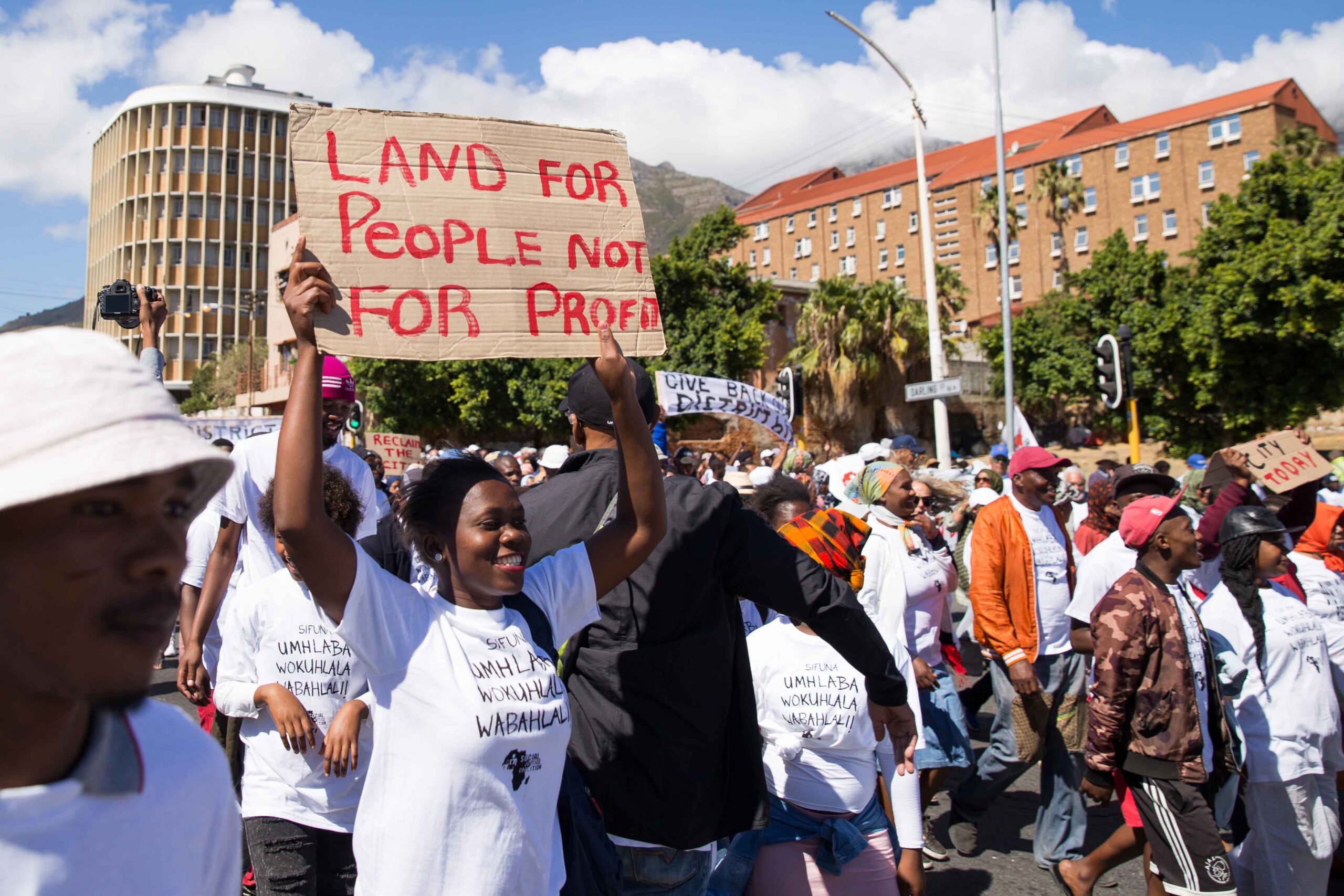The lack of data co-ordination makes it difficult to draw up realistic plans and execute responses. The HSRC’s Professor Justin Visagie and journalist Mark Paterson reflect on the importance of spreading new data sets about local economic activity among municipal policy and decision-makers.
The promise of creating millions of new jobs over the next five years has been made by most political parties contesting the upcoming elections. This is not surprising considering the desperation for work that characterises an overwhelming number of SA households.
What is less clear is how the country might graduate beyond the rhetoric into action, long after votes are counted on May 29. Part of the problem is that talk is cheap if communities lack credible information about the state of their local economy with which to hold leaders to account.
A lack of robust data is also a problem for local authorities. Government officials must ultimately deliver on strategic plans, cascaded down from political manifestos, without knowing the “what” and “where” of jobs and investment.
While SA produces a wealth of social data focused on households, there is far less data available about the state of firms and industry. National economic indicators have better coverage, but data gaps become chronic at the local level.
What is the GDP of Johannesburg? Which industries have produced the most employment for young people in Mthatha? Do firms in eThekwini compete with or complement firms in Gauteng when reaching to inland markets?
Is there a credible manufacturing base to support an automotive hub at the Nkomazi special economic zone near Mbombela? Where are the hotspots for small and medium enterprises seeking to establish offices in Cape Town?
Guesswork
These are basic but extremely important questions that have historically depended on a lot of guesswork. Yet there is significant scope for improving the quantity and quality of local economic data at the regional, district, municipal and even neighbourhood levels.
This is the aim of a new initiative led by the Human Sciences Research Council (HSRC) and National Treasury, known as Spatial Economic Activity Data SA (SEAD-SA). The programme looks to exciting opportunities in the world of “big data” and “administrative flows” to build a more credible evidence base about the economic geography of the country — starting with the mining and curation of data from employer and employee tax filing.
This was also the theme at a recent SEAD-SA workshop, What Data is Needed for Cities to Thrive?, held on March 12-13 at Stats SA’s headquarters. It brought together civil servants, researchers and practitioners to establish a “community of practice” so that economic decision-making may increasingly be evidence-based.
The initiative, which is funded by the UK’s Foreign, Commonwealth and Development Office, takes advantage of a secure data facility established at the Treasury with the support of the SA Revenue Service (Sars) and managed by the UN University World Institute for Development Economics Research.
The SEAD-SA project offers an open-access interactive web portal that was built by the HSRC and is hosted by the University of the Free State with the aim of spreading new data sets about local economic activity among municipal policy- and decision-makers.
‘Community of practice’
The launch in March of the “community of practice” — which was supported by a number of project partners including the metros, the SA Local Government Association and the SA Cities Network — sought to widen the circle of researchers, policymakers and practitioners producing and using administrative data to promote inclusive urban growth.
Could this set in motion a sort of virtuous circle? Better use of data leads to a better sense of data users’ priorities, which feeds back into what data needs to be provided and how. Addressing the issue of relevance then ensures the production of appropriate and quality statistics and information that will be of use, which in turn promotes uptake, and so on.
At present, information is fragmented, with different entities holding different bits of data, so a key aim is to integrate administrative data that has been collected for all sorts of purposes to provide increasingly timely, relevant and cheaper statistics.
In this respect the meeting reported on collaborative efforts to build an “integrated data lake”. The aim is to supplement the business and economic data being provided by Sars with similarly anonymised information, including in relation to welfare grants, basic and higher education outcomes, healthcare provision, elections and property transfers.
Pragmatic approach
In this way the project is adopting a pragmatic approach with the intention of expanding and adding new data sets while building trust and fostering co-operation from prior success.
Given that sharing data makes people nervous, it has been proposed that Stats SA might act as an institutional home for the new data lake, safeguarding and benchmarking the quality of the information received and integrating and “cleaning” it so that it may be made available to researchers and municipal practitioners in the form of de-identified data sets that are safe to release.
Meanwhile, the data being produced by SEAD-SA based on tax data has already underpinned a major report on the economic outlook for SA’s cities produced by the HSRC and Treasury and is being deployed and championed by local municipalities, notably the eThekwini and Cape Town metros.
As the notion of a “community of practice” suggests, the collaboration between national and municipal practitioners should extend beyond facilitating access to centrally produced administrative data to building capacity so that this data is well used at the local level.
Real data, not political rhetoric, is the answer to building stronger local economies which deliver on national jobs targets.
• Visagie is a senior research specialist at the HSRC and an associate professor at the University of the Free State. Paterson is a senior journalist and communications consultant with a number of non-governmental, government and academic organisations.
This opinion piece was first published on Business Day Live.


